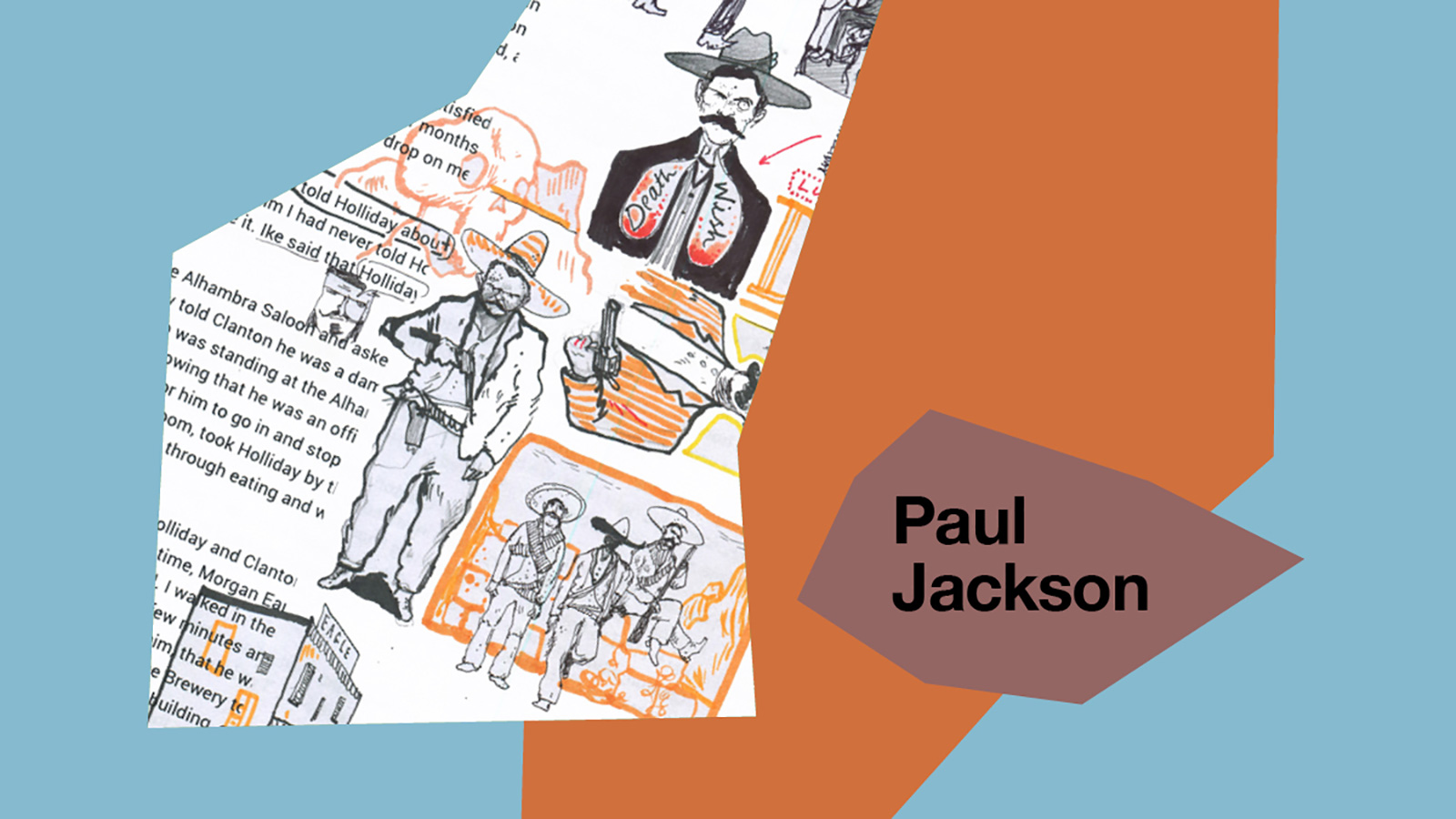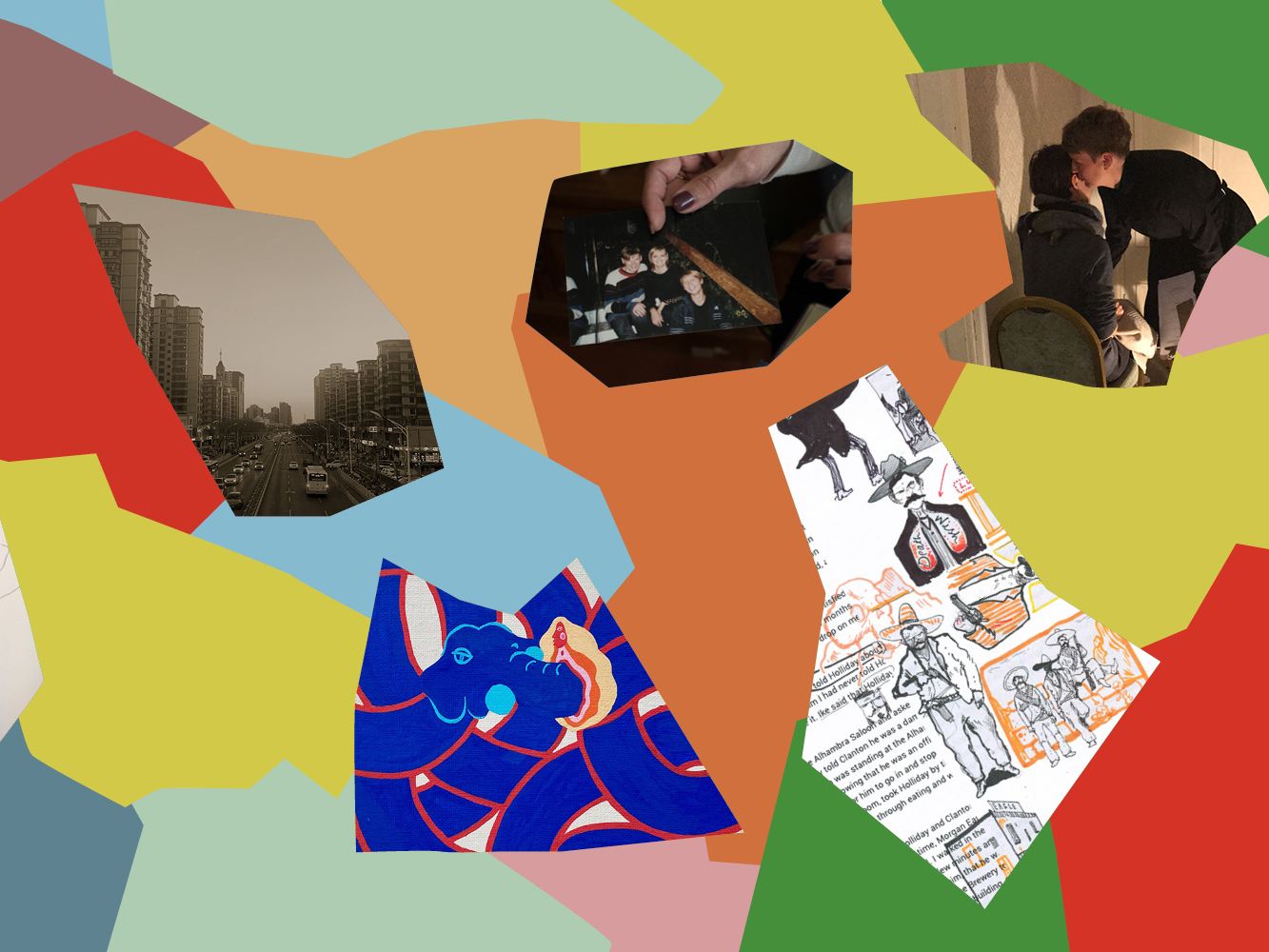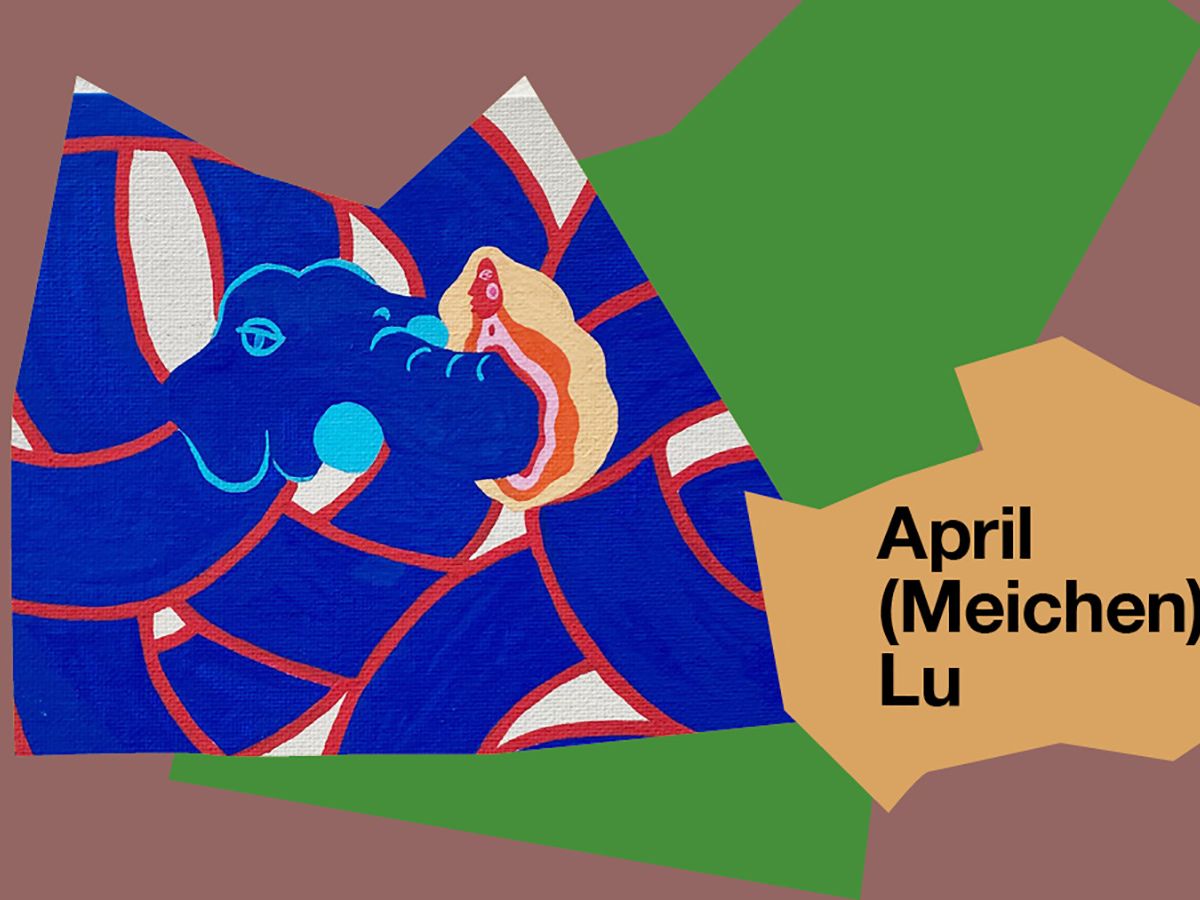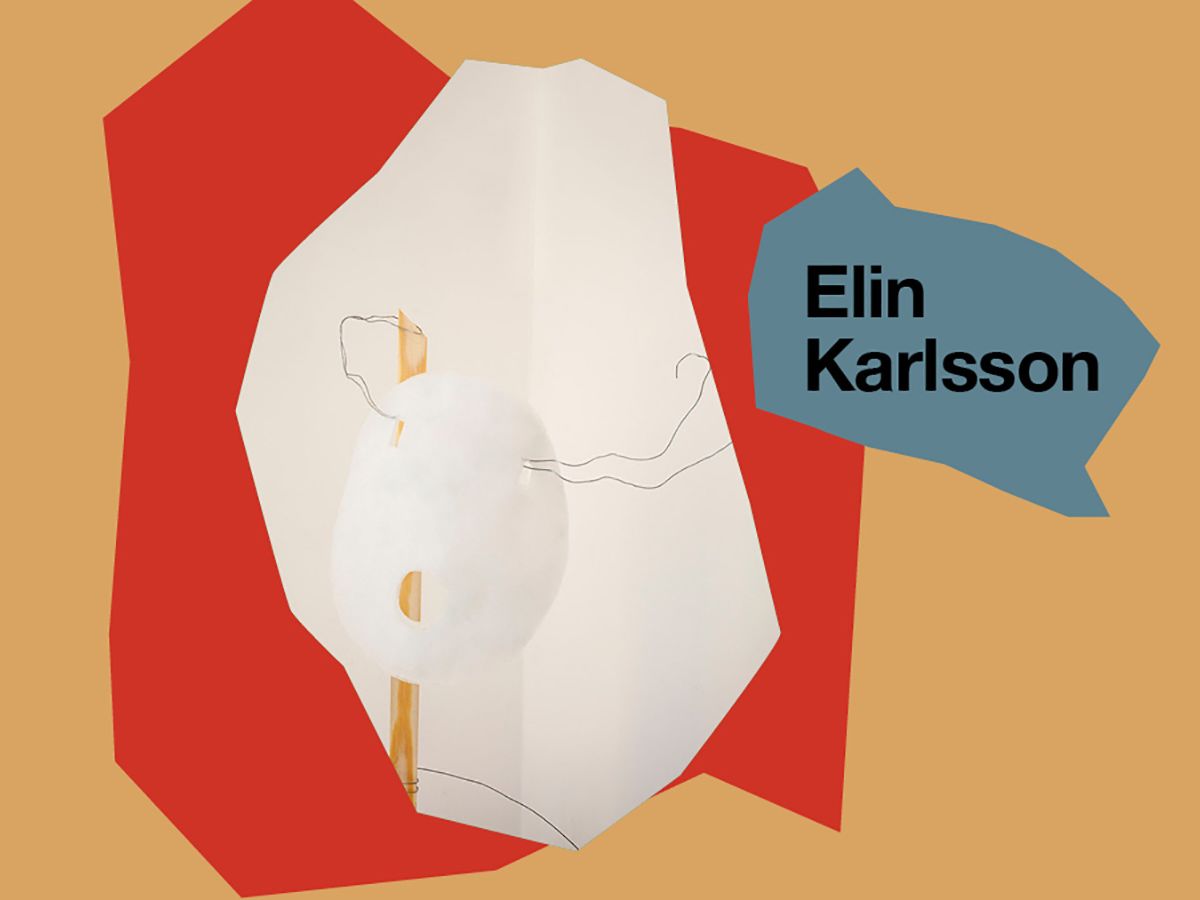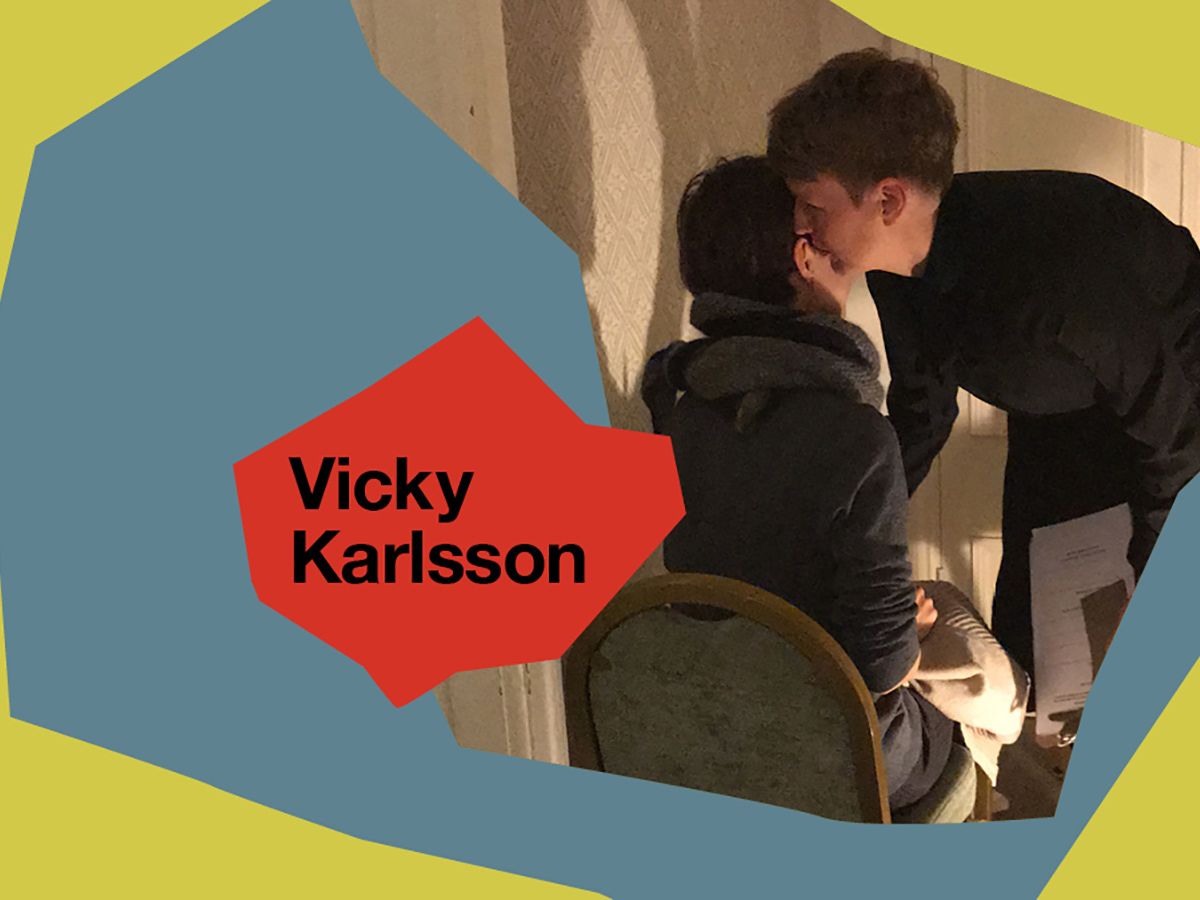At London College of Communication, our research community is home to world-renowned practitioners and theorists who make a vital contribution to our creative culture through a range of activities such as collaborations, partnership projects and doctoral work.
Our second doctoral work-in-progress exhibition, Unfolding Narratives 2, highlights 7 of our PhD students at various stages in their academic journey. Connecting conceptual thinking with practice through explorations of themes such as the body, culture, identity, gender, race, ethics and narrative, this exhibition aims to celebrate the emergence of new and compelling work while inviting wider audience engagement and feedback.
To mark the launch of Unfolding Narratives 2, we caught up with our exhibiting students to explore their practice, current projects, and creative journeys so far.
Paul Jackson
The doctoral work of designer and illustrator Paul Jackson considers the role of reading in relation to his creative practice. With an interest in the cognitive processes between drawing and language, his PhD project explores the literary theory of ‘storyworlds’ – or ‘global mental representations’ (David Herman, 2002) - and the ways in which readers form mental models of a story while illustrators search for opportunities to encode models of visual representation.
Trial Transcripts is a 7-page investigation of textual opportunities in a statement given by Wyatt Earp at his 1881 trial. By working in the margins of laser print, Paul formalises a process regularly implemented in editorial illustration; printing out text, circling key words and making connections between nouns and verbs. By identifying the potential of phrases such as “horse thieves” and “cattle thieves”, he disrupts a conventional representation of tropes within Earp’s narrative, where the word ‘horse’ does not become the object of the theft, but instead becomes the perpetrator.
We talked to Paul about the aesthetic influence of cinematic Westerns, cognitive theories of reading and making, and the joy of articulation.

Have you always been passionate about your area of specialism, or is it something you've gravitated to over time?
My field of study sits between drawing and language, and explores the cognitive processes of worlding. It's such an inseparable part of who I am that it's quite challenging to think about it simply as a field of study or a research area. I draw, and much of my creative practice is about responding to written or verbal stimuli through drawing practice. This is something I started doing, more or less, as a child. The path toward art school was somewhat inevitable; an education in design, illustration and new media has meant that I've worked across a range of fields (and this is why I work as a design academic at LCC!) but drawing remains firmly at the heart of what I do. It's often how I think things out.
Does your practice have a central ethos, theme or message?
I don't think I have a key ethos or message in commercial illustration as much of this is dictated by a brief, but my personal work tends to revisit themes over and over - I have a particular fascination with the aesthetics of Western movies, so there's often compositional influences from the great mid-20th-century Western directors.
I also return to half-started ideas: graphic novels I might one day put together, worlds I have half-imagined and have yet to fully realise. What binds much of my work is the approach I take, and the style I currently work in. It's a consistent, fairly successful way of working.
What inspired your PhD project, and what do you aim to achieve?
My PhD project developed out of a sketchbook audit in 2016. Through cataloguing a vast range of drawings, I started to reflect on the various aspects of my work - the themes and ideas that have permeated so many of my drawings. As a commercial practitioner, much of my speculative drawing is unused, or unseen, and I began to think about how this process might be underpinned by theories around worlding and storyworlds, as well as broader cognitive theories.
As an illustrator, I principally respond to text; thus, my PhD aims to develop a methodological framework to reading and worlding from a drawing and illustration-based point of view. Wow, that's the simplest I've ever made it sound!
Can you summarise your creative process?
I am best when I have a deadline or an itch to scratch. Otherwise, I can be dangerously idle.

Why did you decide to undertake your PhD at LCC?
I run MA Graphic Branding and Identity at LCC, and attended a PhD open evening with some of our MA participants. It had occurred to me that this was the right time and place for me to begin an application, and one thing led to another.
I like our Library very much. And I know where all the bodies are buried.
What have been the highlights of your experience so far?
A PhD is quite an intriguing experience, unlike what I had expected. I like this, actually: writing about what I'm doing. Because so much of my practice is embodied, it's a privilege to be asked about it, and have any kind of platform to try and articulate it.
I enjoy supervision sessions, of course; they are the steady anchor when everything else becomes turbulent. And the first Unfolding Narratives exhibition last year was a treat - it's the last thing I went to before the COVID lockdown!
But the real highlight is where it takes you; I'm an advocate for all kinds of learning, and sometimes you forget what a joy it is to swim in all kinds of knowledge. It is, itself, a highlight.
Related links:
- Find out more about Paul and his work in the Design School at LCC.
- Explore a range of selected doctoral works in Unfolding Narratives 2.
- Find out more about Research at London College of Communication.
